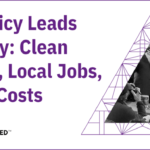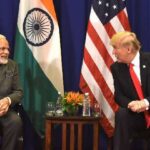This year, the Goiás government served 910 families through its Rural Development Programme, providing support and resources so they can produce more and better in the countryside. This figure corresponds to 57% of the 1,600 households that should benefit by the end of 2025, indicating that the target will be reached early. The initiative is coordinated by the Secretariat of Agriculture, Livestock and Supply (Seapa).
Those registered in the Unified Register, residing in rural areas and living in poverty (monthly income up to R$ 218.00 per person in the household) are eligible. Generally, they are family farmers or belong to traditional peoples and communities, such as indigenous people, quilombolas, and extractive workers. Projects can include, for example, animal husbandry, horticulture, handicrafts and pulp production.
Each family receives one benefit, in two installments, the first installment being R$2,600, immediately upon starting the project. The second amount, which is 2,000 Brazilian reals, will be provided after a period of no less than three months, and according to monitoring of the activities under development. Recipients can also access other Goiás government programmes, such as the Program for Access to Food (PAA).
The programme, the result of a partnership between Emater Goiás and MDS, transfers resources directly to small producers, without intermediaries, and in a non-refundable manner (Photo: Sérgio Amaral/MDS)
The Minister of Agriculture, Livestock and Supplies, Pedro Leonardo Rezende, highlights that rural development aims to improve the quality of life of small-scale producers.
“Our mission is to ensure food and nutrition security and overcome poverty, especially in the countryside, and rural development enables this transformation through productive inclusion,” he declares. In the period from January to November, R$ 3.3 million was allocated .
The program is implemented in partnership with the Guyana Technical Assistance, Rural Extension and Agricultural Research Agency (Emater Goiás) and the Ministry of Development, Social Assistance, Family and Hunger Control (MDS).
One of its differences is that resources are transferred directly to small producers, without intermediaries, and in a non-refundable manner, that is, it is not a loan. Goiás.gov




